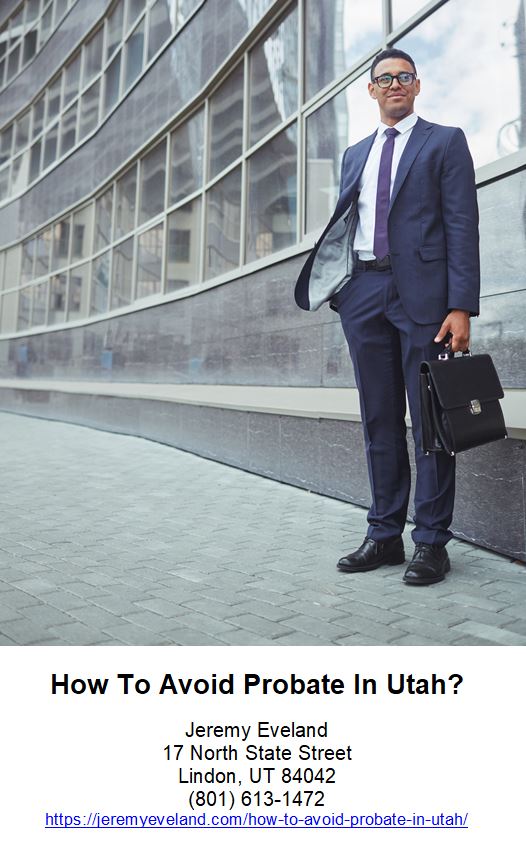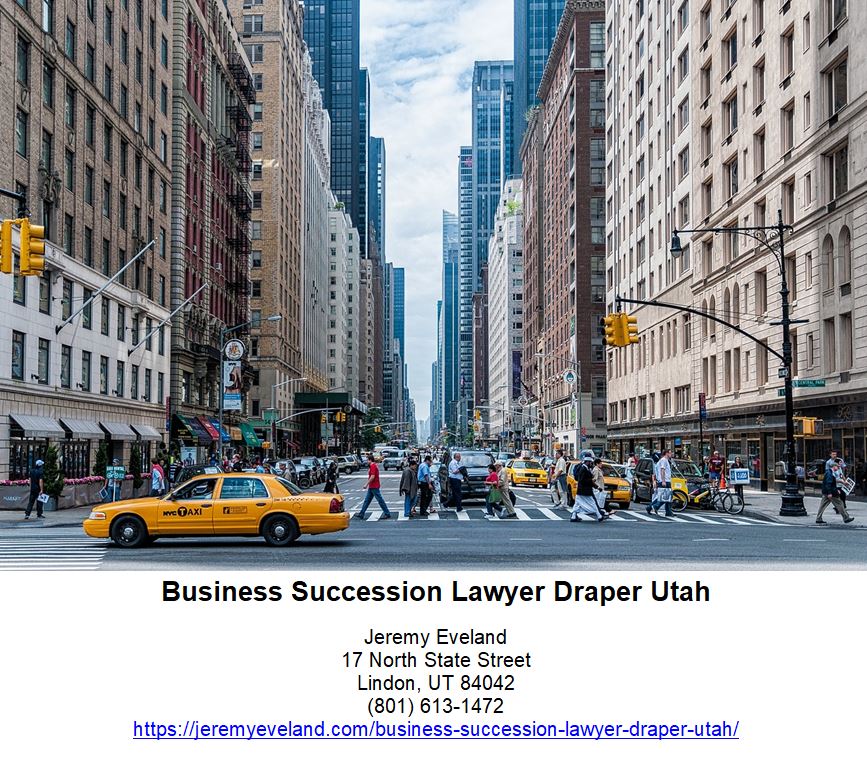Joint tenancy and probate can often be complex legal matters that require the expertise and guidance of a skilled attorney. When it comes to matters of property ownership and the intricate intricacies of estate planning, it is crucial to understand the implications and potential challenges that can arise in joint tenancy arrangements. By entrusting an experienced attorney with your joint tenancy and probate concerns, you can ensure that your interests are protected and your estate is efficiently managed, providing you with peace of mind for the future.
Understanding Joint Tenancy and Probate
Joint tenancy and probate are important concepts in estate planning and property ownership. It is crucial to understand these terms, their advantages and disadvantages, as well as the processes involved. This article aims to provide a comprehensive overview of joint tenancy and probate, highlighting their definition, pros and cons, differences, creation, and potential challenges. Additionally, it will explore how joint tenancy can avoid probate and discuss alternative methods to avoid the probate process. Finally, the article will emphasize the importance of seeking legal assistance from experienced attorneys when dealing with joint tenancy and probate matters.
Definition of Joint Tenancy
Joint tenancy is a form of property ownership that is commonly used when two or more individuals own a property together. In joint tenancy, each owner holds an equal share of the property, and upon the death of one owner, their share automatically passes to the surviving owner(s). This concept is referred to as the right of survivorship. Joint tenancy is typically established by a legal document, such as a deed or agreement, and requires the presence of certain conditions.

Definition of Probate
Probate is the legal process through which the assets and estate of a deceased person are distributed. It involves a court-supervised procedure to validate the deceased individual’s will, pay off any outstanding debts or taxes, and distribute the remaining assets to the beneficiaries. Probate ensures that the deceased person’s wishes are carried out according to the law and provides an opportunity for any disputes or claims to be resolved.
Pros and Cons of Joint Tenancy
Advantages of Joint Tenancy
One of the main advantages of joint tenancy is the automatic transfer of ownership upon the death of one owner. This means that joint tenancy can help avoid the probate process and ensure a seamless transfer of assets. Another advantage is that joint tenancy provides each owner with the right to occupy and utilize the property. In situations where one owner becomes incapacitated, the other owner(s) can continue to manage the property. Additionally, joint tenancy may offer certain tax benefits, such as stepped-up basis for heirs.
Disadvantages of Joint Tenancy
While joint tenancy has its advantages, it is important to consider the potential drawbacks. One disadvantage is that joint tenancy creates a shared ownership, which means that each owner has an equal say in decision-making regarding the property. This can lead to conflicts and disputes among joint tenants. Another drawback is that joint tenancy exposes the property to the creditors of each owner. If one owner is facing financial difficulties, their creditors may be able to pursue the property to satisfy their debts. Additionally, joint tenancy may not be suitable for long-term asset protection or estate planning purposes.
Probate Process Explained
What is Probate?
Probate is the legal process that takes place after someone passes away. It involves proving the validity of the deceased person’s will, identifying and inventorying their assets, paying any outstanding debts or taxes, and distributing the remaining assets to the beneficiaries. The probate process is typically overseen by a court and can be time-consuming and complex.
When is Probate Required?
Probate is generally required when the deceased person owned assets solely in their name, such as real estate, bank accounts, or investments. It is also necessary if the deceased person had outstanding debts or if there are disputes among potential beneficiaries. However, not all assets are subject to probate. Assets held in joint tenancy, assets with designated beneficiaries (such as life insurance policies or retirement accounts), or assets held in a living trust may bypass the probate process.
Steps Involved in Probate
The probate process consists of several steps. First, the executor or personal representative of the deceased person’s estate files the will with the appropriate court. Next, the court notifies the beneficiaries and creditors of the deceased person’s passing. The assets of the estate are then valued and inventoried. Any outstanding debts or taxes are paid from the estate’s funds. After settling claims and taxes, the remaining assets are distributed to the beneficiaries according to the terms of the will. Finally, the estate is closed, and all necessary documents are filed with the court.
Differences Between Joint Tenancy and Probate
Ownership of Assets
In joint tenancy, each owner has an equal share of the property and holds a right of survivorship. This means that upon the death of one owner, their share automatically passes to the surviving owner(s). In probate, the assets are owned solely by the deceased person and are distributed according to their will or the laws of intestacy if there is no valid will.
Transfer of Property
Joint tenancy allows for the seamless transfer of property upon the death of one owner. In probate, the transfer of property involves a court-supervised process and may take time to complete.
Authority in Decision-Making
In joint tenancy, each owner has an equal say in decision-making regarding the property. In probate, the executor or personal representative is responsible for making decisions on behalf of the estate.
Costs and Expenses
Joint tenancy generally does not incur significant costs or expenses upon the death of one owner. In probate, various fees and costs, such as court fees, attorney fees, and appraisal fees, may be involved and can significantly reduce the value of the estate.
Privacy
Joint tenancy offers a level of privacy as the transfer of ownership occurs outside of the probate process. In probate, the proceedings are generally public, which means that the details of the deceased person’s estate and beneficiaries become part of the public record.
Timeframe
The transfer of property in joint tenancy can occur immediately upon the death of one owner. In probate, the process can take several months or even longer, depending on the complexity of the estate and any disputes that arise.

Creating Joint Tenancy
Requirements for Joint Tenancy
To establish joint tenancy, certain requirements must be met. Generally, the owners must have equal ownership interests, the property must be acquired at the same time, and the owners must have the same rights of possession and enjoyment. Additionally, the ownership document or deed must explicitly state the intention to hold the property in joint tenancy.
Methods to Establish Joint Tenancy
Joint tenancy can be established by executing a joint tenancy agreement or by including specific language in the ownership document or deed. It is essential to consult with an experienced attorney to ensure that the proper steps are taken to create a valid joint tenancy.
Considerations Before Creating Joint Tenancy
Before deciding to create joint tenancy, it is crucial to consider several factors. These include the relationship and trust among the owners, the long-term goals for the property, the potential impact on estate planning, and the potential tax and legal implications.
When Joint Tenancy Can Avoid Probate
Survivorship
One of the primary reasons joint tenancy can avoid probate is due to the right of survivorship. When one owner passes away, their share automatically transfers to the surviving owner(s) without going through the probate process. This can help streamline the transfer of assets and bypass the complexities and costs associated with probate.
Right of Survivorship
The right of survivorship is a key aspect of joint tenancy and allows for the automatic transfer of ownership upon the death of one owner. This means that the remaining owner(s) become the sole owner(s) of the property and are not required to go through probate to establish their ownership.
Titling Assets
By titling assets in joint tenancy, individuals can ensure that those assets pass directly to the surviving owner(s). This can include real estate, bank accounts, investments, or vehicles. By avoiding probate, the transfer of assets can occur quickly and efficiently.

Potential Challenges in Joint Tenancy
Disputes Among Joint Tenants
One potential challenge in joint tenancy is the potential for disputes among the owners. Each owner has an equal say in decision-making regarding the property, which can lead to conflicts and disagreements. It is important for joint tenants to have clear communication and understanding to prevent such disputes.
Creditors’ Claims
In joint tenancy, the property is exposed to the creditors of each owner. If one joint tenant faces financial difficulties, their creditors may be able to pursue the property to satisfy their debts. This can put the shared property at risk and potentially impact the other joint tenant(s).
Legal Responsibility for Joint Debts
As joint tenants, each owner is legally responsible for any joint debts incurred. This means that if one owner defaults on a debt, the other owner(s) may be held accountable. It is essential to carefully consider the potential financial implications before entering into joint tenancy.
Understanding Probate Process
Executor and Personal Representative
The executor or personal representative is responsible for managing the probate process. They are typically named in the deceased person’s will and are appointed by the court. The executor’s duties include filing the will, collecting and inventorying assets, paying debts and taxes, and distributing the remaining assets to beneficiaries.
Filing the Will
The first step in the probate process is to file the deceased person’s will with the appropriate court. This initiates the probate proceedings and establishes the legal validity of the will.
Notifying Beneficiaries and Creditors
Once the will is filed, the court notifies the beneficiaries and creditors of the deceased person’s passing. This allows them to file any claims against the estate or raise any objections to the will.
Valuing and Inventorying Assets
The executor is responsible for valuing and inventorying the assets of the estate. This includes determining the fair market value of assets such as real estate, investments, bank accounts, and personal property.
Settling Claims and Taxes
During probate, any outstanding debts, taxes, or claims against the deceased person’s estate must be satisfied. The executor is responsible for ensuring that these obligations are paid from the estate’s funds.
Distributing Assets
Once all debts and taxes have been settled, the remaining assets are distributed to the beneficiaries according to the terms of the will or the laws of intestacy if there is no valid will. The executor oversees the distribution process to ensure that it is carried out correctly.
Closing the Estate
After all necessary steps have been completed, including settling claims, paying taxes, and distributing assets, the estate can be closed. The executor files the final documents with the court, officially closing the probate process.
Avoiding Probate
Joint Tenancy as an Alternative
One method of avoiding probate is by holding property in joint tenancy. As discussed earlier, joint tenancy allows for the automatic transfer of ownership upon the death of one owner, bypassing the probate process. However, it is important to carefully consider the advantages and disadvantages of joint tenancy and consult with an experienced attorney to ensure it is the right option for your specific situation.
Living Trusts
Another common method to avoid probate is by establishing a living trust. A living trust allows you to transfer ownership of your assets into the trust during your lifetime. Upon your passing, the assets held in the trust can be distributed to your beneficiaries without going through probate. Living trusts can provide greater control and flexibility compared to joint tenancy but may involve more complex legal processes.
Gifting Assets
Gifting assets during your lifetime can also be a way to avoid probate. By transferring ownership of assets to your intended beneficiaries while you are still alive, those assets will not be subject to probate upon your passing. However, it is important to consider the potential tax implications of gifting assets and consult with an attorney or tax advisor before proceeding.
Beneficiary Designations
Certain assets, such as life insurance policies, retirement accounts, and bank accounts, allow for beneficiaries to be designated. By designating beneficiaries, these assets can pass directly to the named individuals upon your death, bypassing probate. Regularly reviewing and updating beneficiary designations is crucial to ensure that they align with your current wishes.
Contact Our Experienced Attorneys
Navigating joint tenancy and the probate process can be complex and overwhelming. It is crucial to seek the guidance of experienced attorneys who specialize in estate planning and probate matters. Our team of professionals is ready to assist you with any questions or concerns you may have. Schedule a consultation today to discuss your situation and obtain the legal assistance you need.
Schedule a Consultation
To learn more about joint tenancy, probate, and other estate planning matters, schedule a consultation with our experienced attorneys. Our team will provide comprehensive advice tailored to your specific needs and guide you through the legal processes involved.
Discuss Your Situation
During the consultation, we encourage you to discuss your situation openly and honestly. Our attorneys will listen attentively, analyze your circumstances, and offer personalized solutions based on your goals and objectives.
Get the Legal Assistance You Need
When dealing with joint tenancy and probate matters, it is crucial to have the right legal support. Our experienced attorneys are here to provide the guidance and support you need to navigate these complex processes. Contact us today to get the legal assistance you need and ensure your interests are protected.














